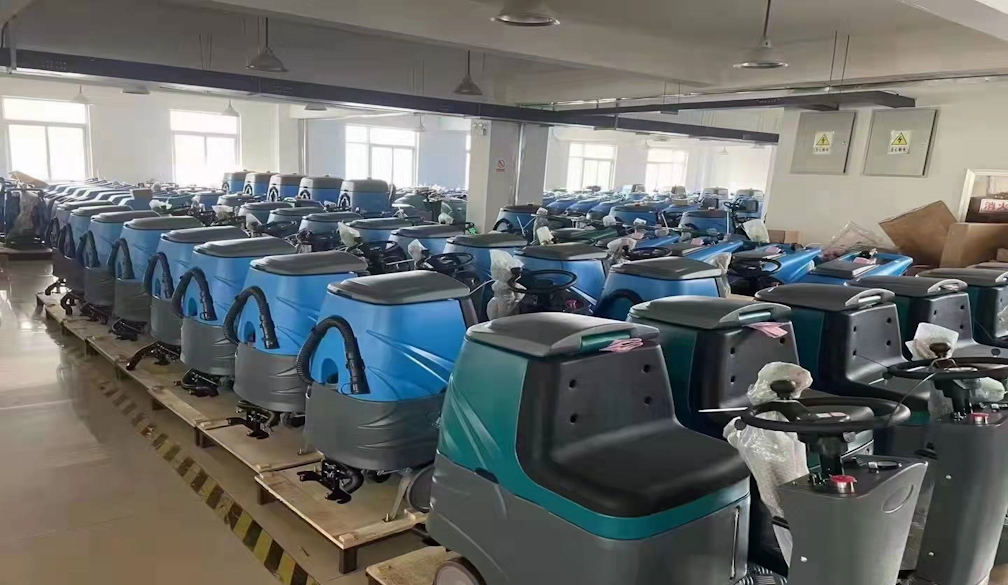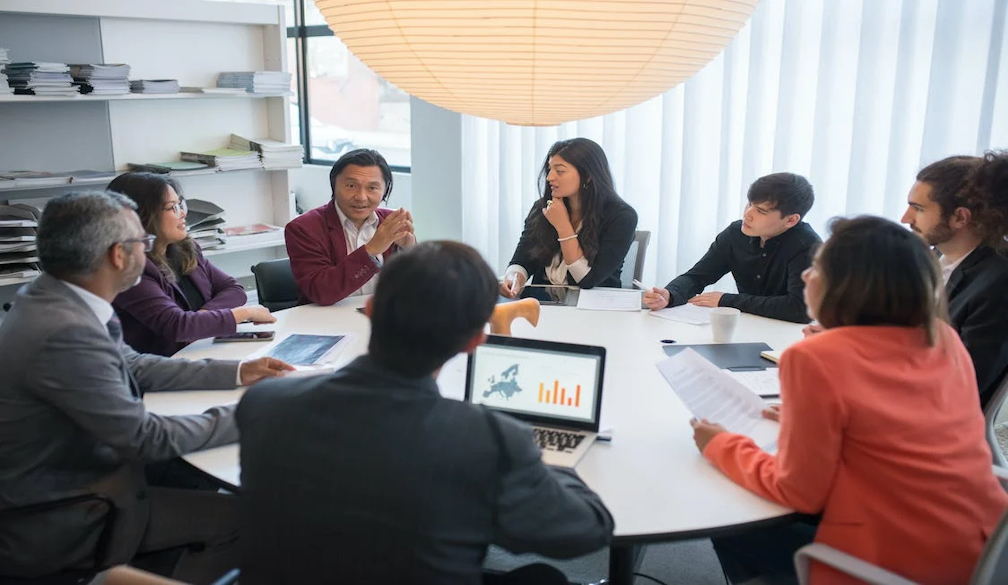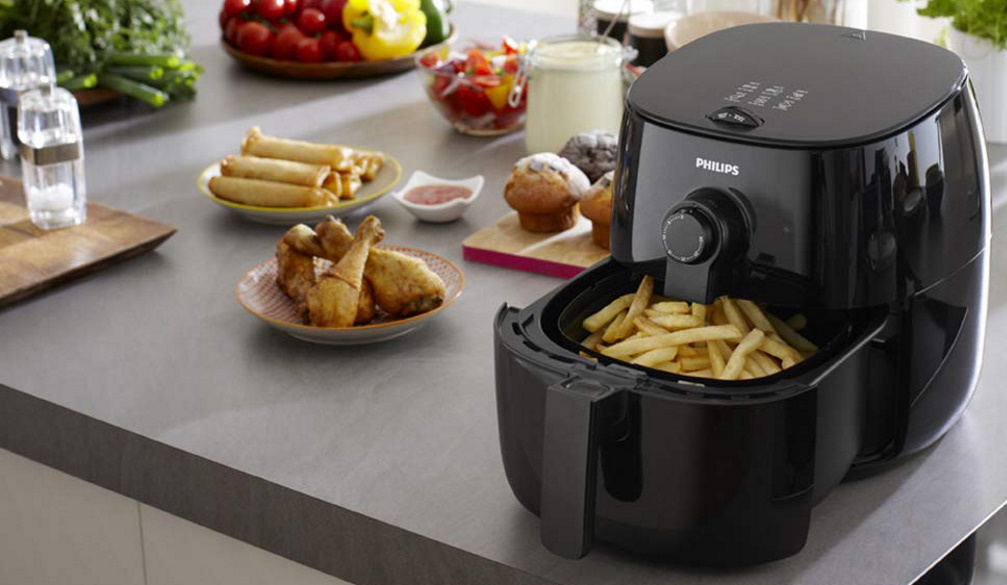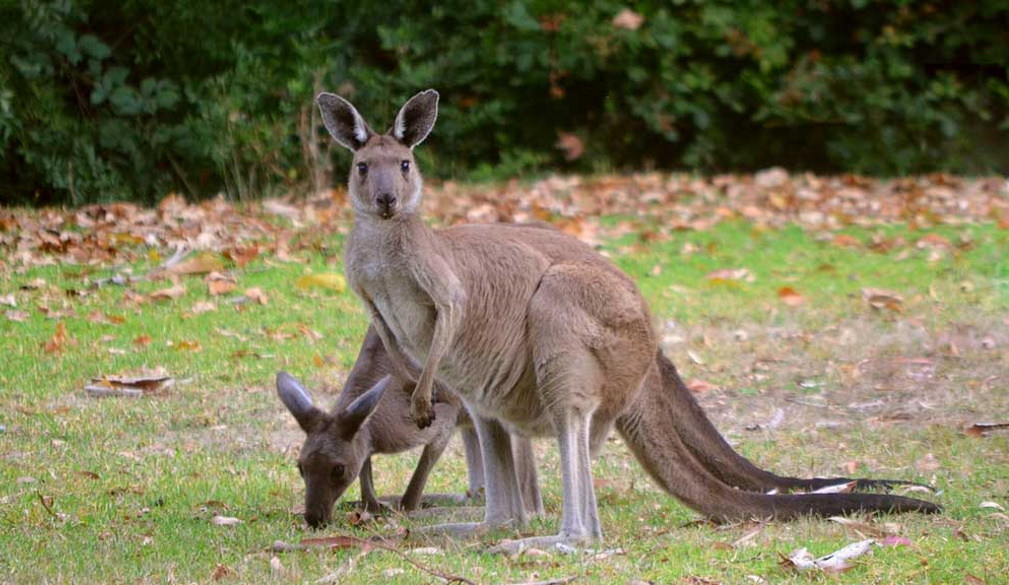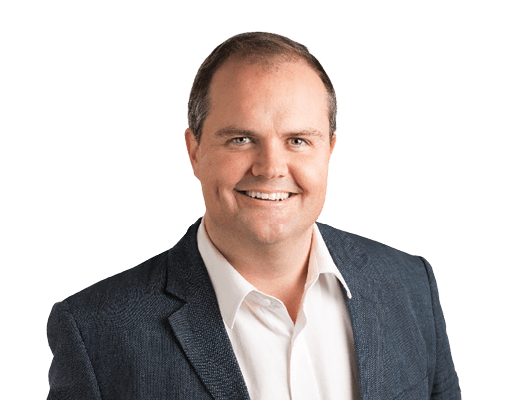Prime Minister Scott Morrison's interview with Leon Byner, 5AA
- Written by Scott Morrison
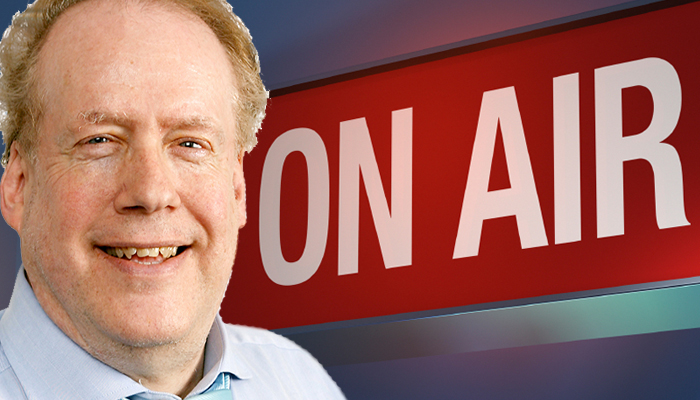
LEON BYNER: Thanks for your time this morning.
PRIME MINISTER: G'day Leon, good to be with you.
BYNER: Your targets are 70 per cent vaccination rate, we move into phase B, that offers us more freedoms, 80 per cent when we move into phase C. I guess two little bits here. How confident are you that we'll achieve these targets and when will we achieve them? Is there a month, a certain date?
PRIME MINISTER: Well Leon, I am confident we'll achieve them and we're making really great progress. I mean, just this month just concluded, four and a half million doses which were administered. That's up on 3.4 the month before that and 2.2 the month before that, we've doubled, more than doubled the double dose vaccination rate in the last month. And that will continue to accelerate. So Australians are coming out more and more now, our GPs, pharmacies, state clinics, all of this means that we're vaccinating people at the rates, of well over now a million a week. So you keep that pace up, you get the job done. When we achieve it? Well, that's up to every Australian. That's up to every single one of us. And each step each of us takes towards that GP, pharmacist or clinic to get that vaccination is a step closer to achieving it.
BYNER: Now, I've seen that you've written an opinion piece in The Australian. In it, you say 70 per cent is our next mark to get to phase B, 80 per cent, phase C. Like you, I wish it were lower, but it's not. So it's what the detailed scientific analysis of the virus tells us. So do you think the 70 and 80 targets are too high?
PRIME MINISTER: They are what they need to be and that's what we have to achieve because of the Delta strain of this virus. The Delta strain has completely rewritten the rules on COVID. Whereas before you could use your testing and tracing and all of those things to stay, stay ahead of it. Delta moves too quickly now, so it completely changes everything. So that's why it is the right decision now in the Delta environment to move quickly and firmly as the South Australian Government recently did. And now you're out of it, which is great. Now, when that happens, we need to provide that economic support. Now, over $20 million was provided directly to South Australians over the course of that week, of that week of locked down to over 36,000 people. And so that support is there. It's now going to be made available in Queensland, as it has been in New South Wales and Victoria. So we'll work, as we have with the state governments, to make these lockdowns effective so we can get out of them as quickly as we can and stay ahead of this. But the way we move past that phase is to get to that 70 per cent where it becomes far less likely to have to do that. And so we start saying goodbye to it at 70 per cent. And at 80 per cent, we go even further where they should be very rare, if at all.
BYNER: All right. So let's clarify the 70 per cent, are we saying fully vaccinated, in other words, both doses of the vaccine or is it just the first one?
PRIME MINISTER: No, two doses and the whole country has to get to an average of 70 per cent. And then each and every state when they move into phase B is based on them achieving that. And I think it's very important, you know, I look at these numbers very closely. You'd expect me to every day. Need to keep vaccination rates lifting right across all age groups. But I'd particularly be stressing in South Australia to your listeners, especially if you're over the age of 60. And I'll encourage you, please go and see your GP. Please go to the various points that you can go and get this vaccine. The AstraZeneca vaccine is saving millions of lives all around the world. It's as effective as the alternatives. And it's there and it's available and it keeps you safe, your family safe, and it keeps your community safe and it gets Australia to where we want to get too.
BYNER: Now on that point, Prime Minister, the latest data suggests that more women are getting the COVID jab over young men. Why do you think that is? And what do you suggest might be done about it?
PRIME MINISTER: Well, I don't know if that's a universal position. I mean, it changes as the ebbs and flows of the vaccination programme roll out. And so I wouldn't say that's a hard and fast rule. I mean, for example, right now we're seeing a big surge in younger people taking up the vaccine in New South Wales because they're getting the AstraZeneca vaccine.
BYNER: Yeah.
PRIME MINISTER: And that is really surged up. And we welcome that. And, you know, anywhere across Australia, including in South Australia, anyone can have the AstraZeneca vaccine. That requires informed consent. It's you know, people take risks driving their car every year, and that's greater than what we're talking about with this vaccine or any vaccine, for that matter. Pretty much. I mean, all vaccines, any medicines have these very mild and small risks. It's important to know what they are. You can give your informed consent and you can go and get the vaccine. So men, women, young, old, middle aged, parents, kids. I mean, you know, I don't mean under 16, obviously, we haven't made decisions around that yet. All of this is very important for Australia to get to where we want to get to.
BYNER: Prime Minister, if a city or state goes into lockdown, there's immediate support from those in declared COVID hotspots to get some financial support. And that's really good for individuals. But I want to talk about businesses. It does seem that there is a bespoke relationship between federal and state governments on this. Have you done a deal with SA's Premier, Steven Marshall, on how to help business if the state goes into lockdown?
PRIME MINISTER: Well, as occurred with the last lockdown, that didn't become necessary because it was short and the State Government put in a very good programme and they're administering that where the state thinks that we need to go further than that, then as we have done in other states, those opportunities are available there. But the Premier and I discussed that and they've put in a very strong programme and they're not seeking any further support from the Federal Government at this point.
BYNER: Do you think business owners should be able to ask their customers if they've been vaccinated and prove they have been?
PRIME MINISTER: Well, the law doesn't allow for that. I should stress I mean, unless there's a public health order that goes to those matters, that's my advice. Then, you know that that currently doesn't enable those sorts of things to occur, just like it wouldn't enable people to be prevented from attending a venue or something like that. But state governments can put those in place, Phase B of the plan is all about ensuring that those who have been vaccinated do get exempted from restrictions. And that plan is now being worked on by Northern Territory, Victoria and Tasmania. They're bringing back a series of proposals to us that would give that greater detail. But there's a reason for that. And it's got nothing to do with politics or freedoms or anything like that. It's just it's just simple. If you're vaccinated, then you're less of a public health risk. To yourself firstly because you're less likely to get it. You're less likely to be hospitalised and less likely to die from it. You're also less likely to transmit it. And so people who are vaccinated have taken steps to protect themselves and others around them. And so in that circumstance, it only stands to reason that where you have taken that step, then there would be exemptions for you. If you haven't, then you're at risk of catching it and suffering severe disease and worse. So if people are taking the protections of a vaccine, then that really does limit the options that governments have to try and protect the public health of the population. That's why it's important everyone gets vaccinated.
BYNER: You know, I notice that your Deputy PM, Barnaby Joyce, yesterday said that he'd like small business owners to have the ability to ask customers and question and gave the example of a barber shop. Should the owner have the right to ask customers sitting in his shop waiting for a car if they've been vaccinated against COVID?
PRIME MINISTER: Well, it's a fair question, and it's one that state governments ultimately would have to make decisions on because they're the only ones who can put rules in place that allow for that. Those powers don't exist at a federal level. They exist at the state level. But there certainly things that are being discussed by the premiers and I and how that, whether, if that is, the way they wish to proceed, we wish to proceed, whether that's necessary. We obviously talk to the health professionals and the economics advisers. I want to stress this too Leon, the plan that we've set out isn't just based on the medical advice. It's actually based on the economic advice that we got from all the Treasuries, including the Commonwealth Treasury. And it showed that if you don't do those short, sharp lockdowns in this phase with the Delta variant, it ends up costing you even worse. So it's very important that we understand that it's not just in the health interests, it's actually in our economic interests when we're dealing with Delta to get on top of it as fast as we can. Otherwise, the cost is far greater as we're seeing in New South Wales.
BYNER: Just away from COVID, for a sec. I see that Labor's dumped its plans to pursue negative gearing and will now also support all of your tax cuts. Does that dent your ability to attack the Opposition in the lead up to the next election, do you think?
PRIME MINISTER: They've got form. Remember the carbon tax that was never going to happen on their watch? Many of your listeners remember Paul Keating’s L.A.W. tax cuts that they reversed when they came into government. Labor Party will tell anyone, anything they want to hear about tax before an election. But we all know what they do. We all know what happens. They say one thing before the election, do another thing after on tax. So, no, I think people know Labor's DNA for high taxes.
BYNER: Well, the next election, I'd be interested in whether you think it's going to be tough or not, because the polls seem to suggest that Anthony Albanese can get over the line.
PRIME MINISTER: Elections are always tough. I never approach an election in any other mode. I mean, I've noticed the commentary going back several years now. People have been offering all sorts of apparently wise commentary. But I always maintained a very humble spirit towards elections and to the support of the Australian people. You have to earn it every day and every election is tough. And so there's a lot at stake when we get to that point in that next election, which I've always it is going to be next year. And it's about the future of our economy. It's about our national security as a country. I mean, in this country, we've also been able to outperform countries all around the world in terms of saving lives. Over 30,000. People might have heard me use that figure. If we'd had the same fatality rate of countries just like us across Europe, the United States, the United Kingdom. There would be 30,000 and more, people dead in Australia right now, and we avoided that and we prevented that together with the Australian people and working together as a country, we prevented that. A million people got back into work after last year's COVID-19 recession. And our economy will bounce back from these lockdowns, too, because we've got the economic settings right and we've provided the right support that gets Australia through. So we've demonstrated both the ability to save lives, save livelihoods, continue to protect our national security and supporting whether it's our manufacturing industries or our resources sectors, our employment generating sectors across the country, while at the same time dealing with the big challenges in aged care and mental health. I mean, the government continues to work across all of these fronts, Leon, and we will do so until the next election and hopefully with the support of the Australian people beyond.
BYNER: As Prime Minister, what's your most important message you'd like to give to South Australians?
PRIME MINISTER: Get vaccinated, full stop. Get vaccinated. Because the sooner we get that job done, the sooner we can continue to take the country forward.
BYNER: Prime Minister, thanks for joining us.

